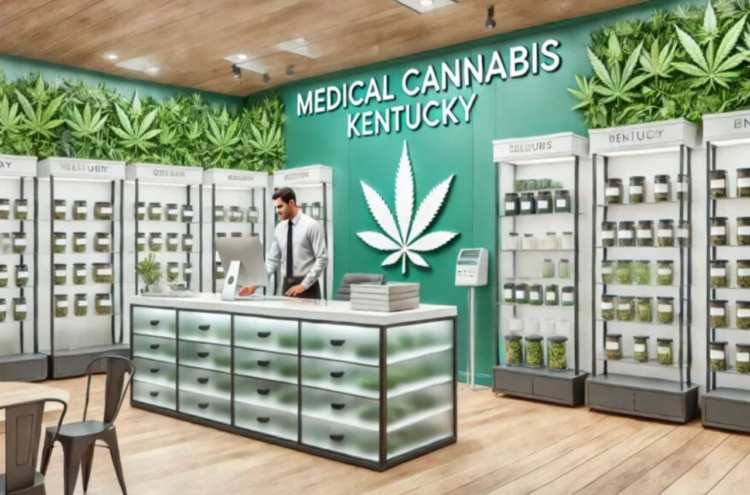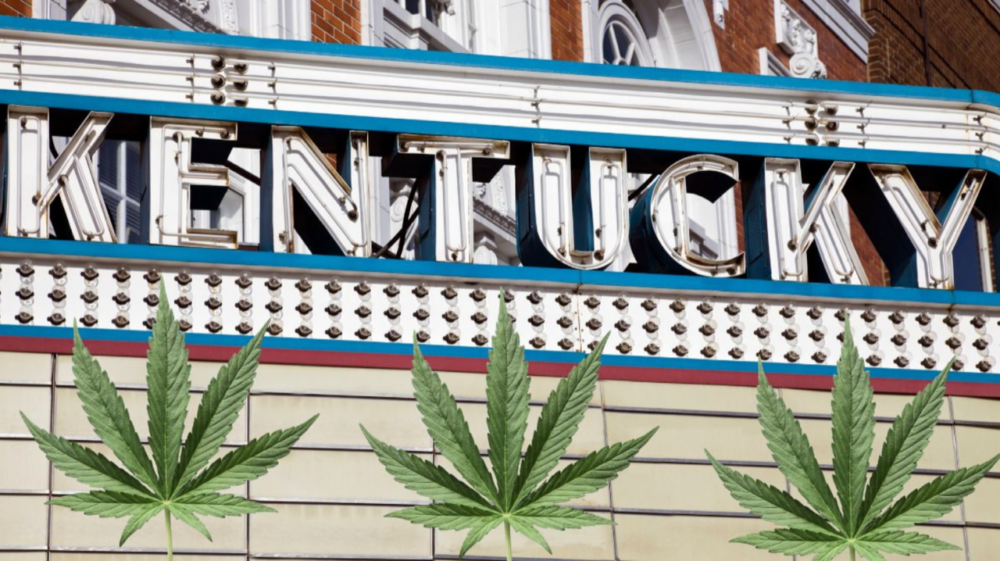While some would have you believe the sky is falling in legacy cannabis markets, the strategic investor sees an abundance of opportunity, especially in the independently-owned retail sector. In case you missed it, valuations are at 5yr lows and sellers are exploring creative terms to get deals done. Ironically, now may be the best time to invest / acquire in these markets as businesses at all levels are trying to monetize, including highly profitable operators desiring retirement (typically valued as a multiple of EBITDA); to financially breakeven operators that are a lever’s pull from profitability (typically valued as a multiple of revenue).
Operators in the latter category are the most advantageously priced and most amenable to buy-now-pay-later structures like seller notes, earnouts and seller carried ownership. These types of business are extremely well suited to “portfolio buyers” where the mere act of integration into a larger business can unlock profitability. To wit, macro economic conditions in legacy states have made it very difficult for the independent operator to succeed. Common causes include flower & biomass oversupply, commoditization, peak saturation and brutal tax regimes that have lead to serious margin erosion. It’s very hard for the average operator to make money and only by daily aggressiveness can profitability be built. In legacy markets, this is being achieved through pugnacious fixed cost management and restructuring of key liabilities like taxes, rent and AP. Operators are also working closely with suppliers to reset trade terms to better match cash flows. But there is only so much a solo operator can achieve alone. They are limited by the very fact of their independence!
The coalescing of the above presents a historic option for the strategic investor / acquirer to use ‘portfolio accretion’ as a strategy to improve financial performance for acquired businesses. These improvements are gained immediately and dramatically. To the operator, it looks like a business sale or sale of a controlling interest. To the investor, it’s a tried and true method to free trapped profitability in a ‘previously’ undervalued business. For example, investors and acquirors with upstream verticality, like cultivation, manufacturing and distribution can remove “friction” and significantly reduce variable expenses (COGs, Taxes) that otherwise aren’t availed to a standalone retailer. Better yet, if the upstreamer has scale, unit costs have the potential to drop. We’ve seen businesses gain an immediate 10%-30% savings in variable costs through investment or acquisition by a vertical operator. In addition, acquirors with larger portfolios, have the ability to economize business unit fixed costs through a centralized resource structure. This can make a positive impact on functions like accounting, legal, marketing, compliance and purchasing. Sometimes referred to as a “shared services” model, when implemented it can reduce a (formerly) independent operator’s SG&A overhead by as much as 50%!

There is safety in numbers and cost savings to be had. In fact, independent retailers have the most upside to gain through a portfolio accretion strategy, as SG&A and COGs represent anywhere from 50%-70% of total expenses on the average retailer’s P&L. Strategic investors in this climate (legacy states only) recognize this trend and want to capitalize. CannDev has seen a wave of portfolio buyers (aka “rollups”) recently enter the market, due to the most fertile conditions in history. Portfolio buyers are sophisticated and structuring acquisitions to occur immediately (with payment terms), or over time in multiple optioned steps. Multi-step acquisitions are usually always accompanied by a management agreement permitting the acquirer to operate the business and allowing the parties to witness the fruits of accretion in real time, before a full ownership takeover occurs. Most transactions these days are structured with terms, but investors / acquirors who put up meaningful cash down payments (10%-20% of purchase price) have the clear advantage, allowing independent sellers to monetize a piece of their hard work upfront, while allowing acquirers to spread purchase risk over time. Buyers and sellers have never been more amenable to sharing risk in legacy markets.
While legacy markets (but mostly CA) are apparently at their nadir, they have alot to look forward to, such as:
- Improving state regulations and taxes to make it easier and less expensive for operators;
- More municipalities opting in to retail, creating additional price supports along the entire supply chain and lessening oversupply;
- Approval of “regional legalization”, presently a longshot, but if state/fed attorney’s general offer supportive opinions, regional trade could materialize prior to national legalization, and commence between states like CA & OR;
- Passage of SAFE banking (hopefully before the next presidential election) that will dramatically increase access to capital and payment systems, while decreasing the cost of capital. Although less certain, we could see 280e replaced by a more meaningful and affordable federal tax plan which would be a sea change for the industry’s profitability; and
- Eventual federal legalization, which was kicked off by Biden this month in a pardoning / rescheduling announcement. These outcomes have the potential to greatly benefit cannabis companies because new value is created, and supported, via the industry’s escalated status and credibility.
CannDev represents sellers of all flavors of retail businesses and can show you where strategic opportunities exist, particularly legacy markets which have the highest upside from strategies like portfolio accretion. If you’re interested to learn more, pls see a list of some of our deals here.
If you would like to learn more about any of these sellers – or future ones – please fill out this simple form, and we’ll get back to you quickly.




